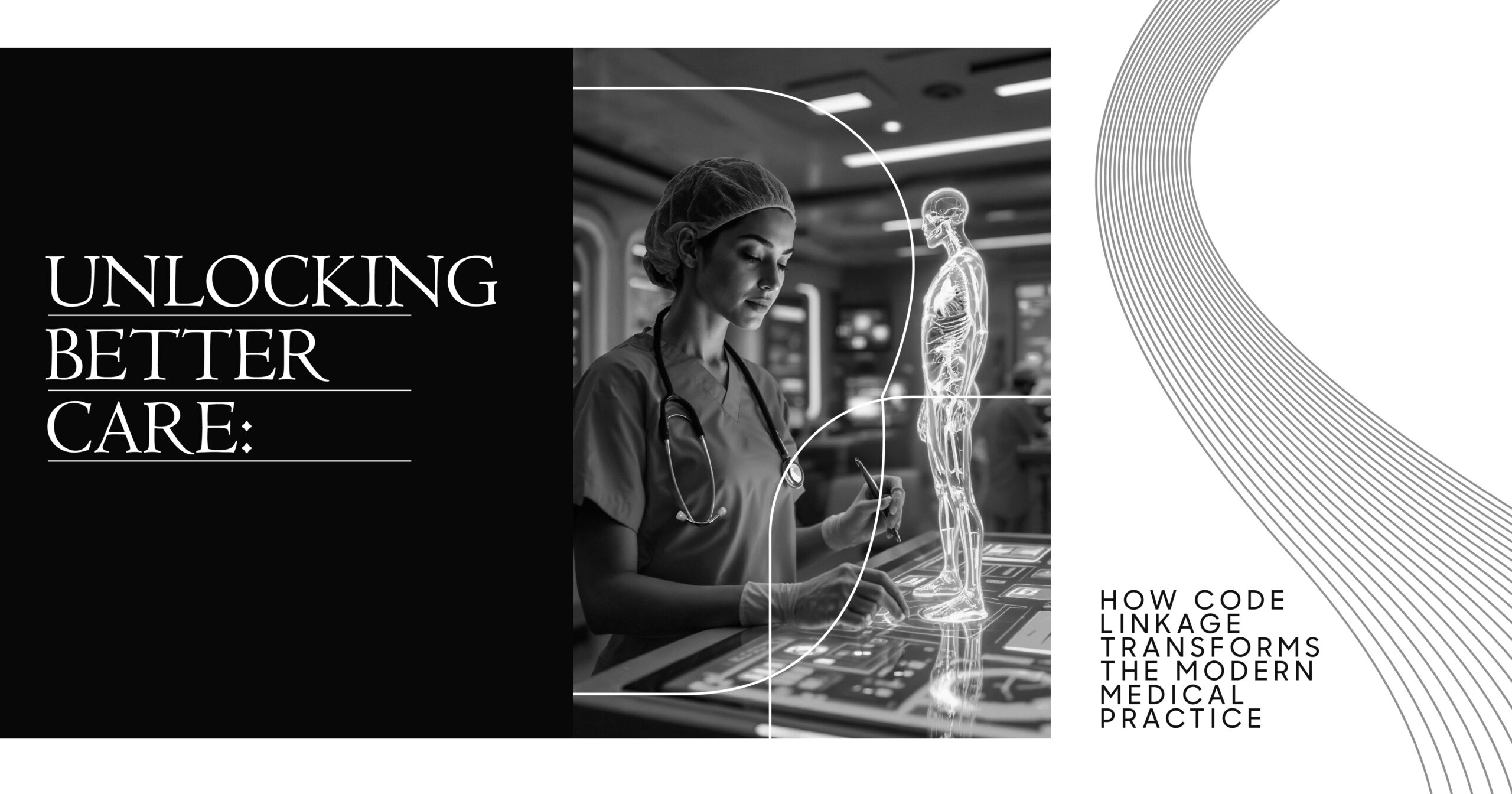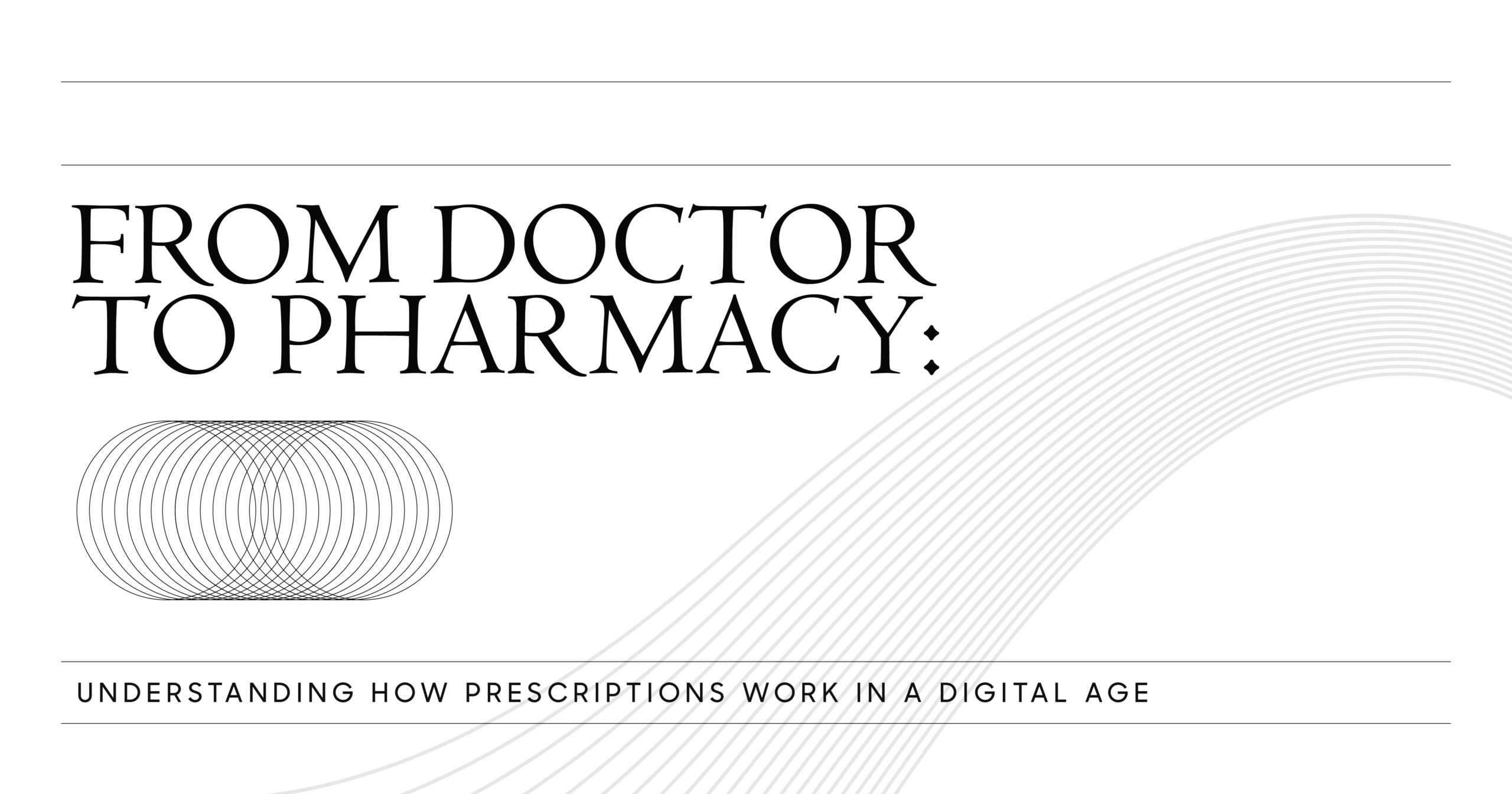Do you long for the fervor and enthusiasm you experienced at the beginning of your medical career? You were getting to know your patients and enjoying the opportunity to help them with their medical problems. But all of it is gone today, replaced by a lack of enjoyment, mental tiredness, motivation, and interest in anything else. Burnout, a mental illness that appears as a chronic reaction to ongoing job stress, is what you are going through right now.
Clinician burnout has unfortunately increased at an unpleasant rate in recent years, particularly following COVID-19. According to a Mayo Clinic survey, nearly 62 percent of doctors in the US said they felt burned out in 2021. This is a serious issue since it doesn’t go away on its own. Instead, it can only worsen if you address the underlying issues immediately. Your mental and emotional well-being might decline even further, making it difficult for you to perform your job duties satisfactorily. These problems might affect your relationships and other facets of your life.
The Association of American Medical Colleges (AAMC) predicted that the demand for physicians will continue to outpace the supply for the third consecutive year, resulting in a projected overall physician shortage that will reach 34,600 to 88,000 doctors in 2025 and continue to expand dramatically by 2030. This means the burden on the existing clinicians will remain unmanageable in the future.
Although behavioral health software has become increasingly popular over the past few years, it’s still not as common a practice as it should be.
Hence, there is a pressing need for digitized practices to be adopted across the industry. This will enable clinicians to feel less pressured and meet the rising demand for healthcare services more efficiently.
To realize the necessity of employing behavioral healthcare software in today’s world, it’s crucial to comprehend the advantages it brings. Here are a few of them:
Eases common struggles associated with clinician burnout.
Behavioral healthcare software can be a powerful ally for clinicians, streamlining administrative processes and helping to reduce the paperwork and record-keeping errors that keep them from focusing more of their time on patient care. This can help to reduce stress and improve the job satisfaction of healthcare professionals, freeing them up to better care for their patients.
Automated features.
Many of these systems offer features such as automated scheduling and communication tools that allow clinicians to stay organized and connected with their patients. Furthermore, they can automate specific clinical tasks, such as reminders for appointments or notifications for overdue documents, which are an added source of stress for clinicians. Additionally, automated features and analytics can help clinicians identify trends and potentially even predict problems before they arise, providing better care while cutting down on burnout.
Better patient care.
Behavioral health software can help with clinician burnout by providing clinicians with the necessary tools to track patient progress and streamline documentation. This enables clinicians to spend less time on paperwork and more time with their patients. Additionally, the software can help reduce the amount of communication and record-keeping errors. With these tools, clinicians can better organize their patient information, prioritize patient care, and access resources to help them make informed decisions.
Better work-life balance.
Working as a clinician can be a daunting and time-consuming responsibility. But with the help of digitized systems, doctors can take back some of the precious hours they would otherwise have to devote to their duties. They can utilize this newfound time to enjoy the company of their family and take a break from the stress – giving them the necessary time to recharge and refresh, which is vital to prevent burnout again in the future.
Better Prescription.
Healthcare software can be a valuable asset for mental health professionals, allowing them to provide more accurate medication prescriptions for their patients. The program can collect information about the individual’s condition, analyze it, and suggest potential medication alternatives. This not only assists in simplifying the prescription process but also enables mental health professionals to stay up-to-date with the types of medications available to treat the various ailments their patients may be suffering.
Ensured patient safety.
In the behavioral healthcare industry, keeping patient records safe is one of the topmost concerns for clinicians. Doctors working in the mental health sector have the sacred duty of protecting their patients’ valuable information, which they have been trusted with.
Since physical data copies are not that secure, they could get misplaced, lost, accidentally destroyed, changed, etc. This means clinicians have to be extra careful when handling such data, which adds to their stress.
However, using a mental health software system enables you to safeguard patient information from any mishap. The patient records are behind a login-based access mechanism in the cloud, encrypted, backed up, and only accessible by certain staff members with a controlled level of access allowed to each. So, the only people with access to patient data are licensed healthcare providers.
Battling Clinician Burnout with Navix Hub.
The world of behavioral healthcare solutions is full of options, so why choose Navix Health?
The answer is simple; there is nothing better than solutions for behavioral health professionals designed by other behavioral health professionals. Since we walk in the same shoes as yours, we recognize your needs and cater to them accordingly, offering a completely integrated platform for healthcare software. Our systems enable you to spend more time and effort on the patient and yourselves, so you don’t have to juggle between tasks like patient onboarding and management, clinical documentation, claims management, and billing, which add to your already taxing work lives.



